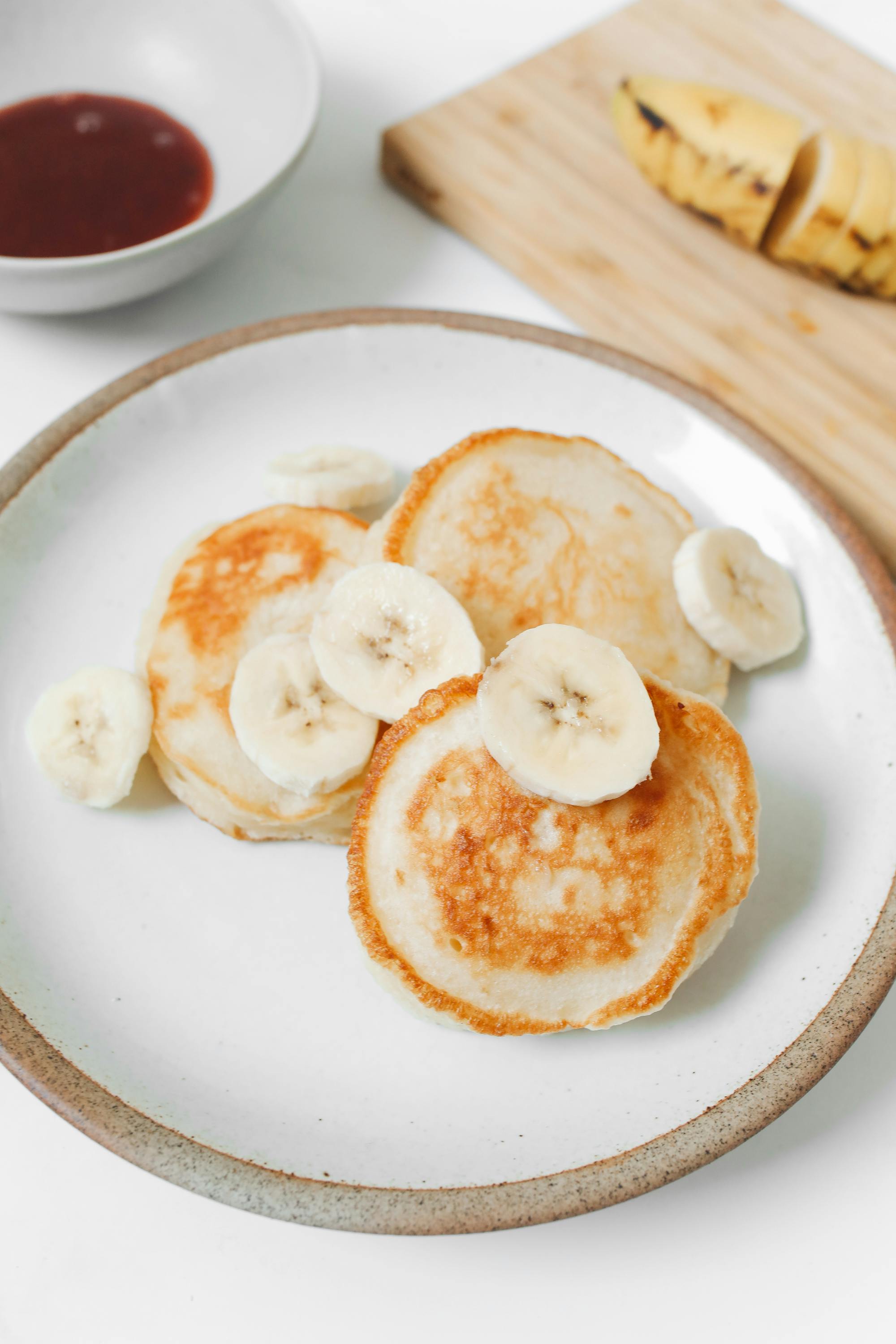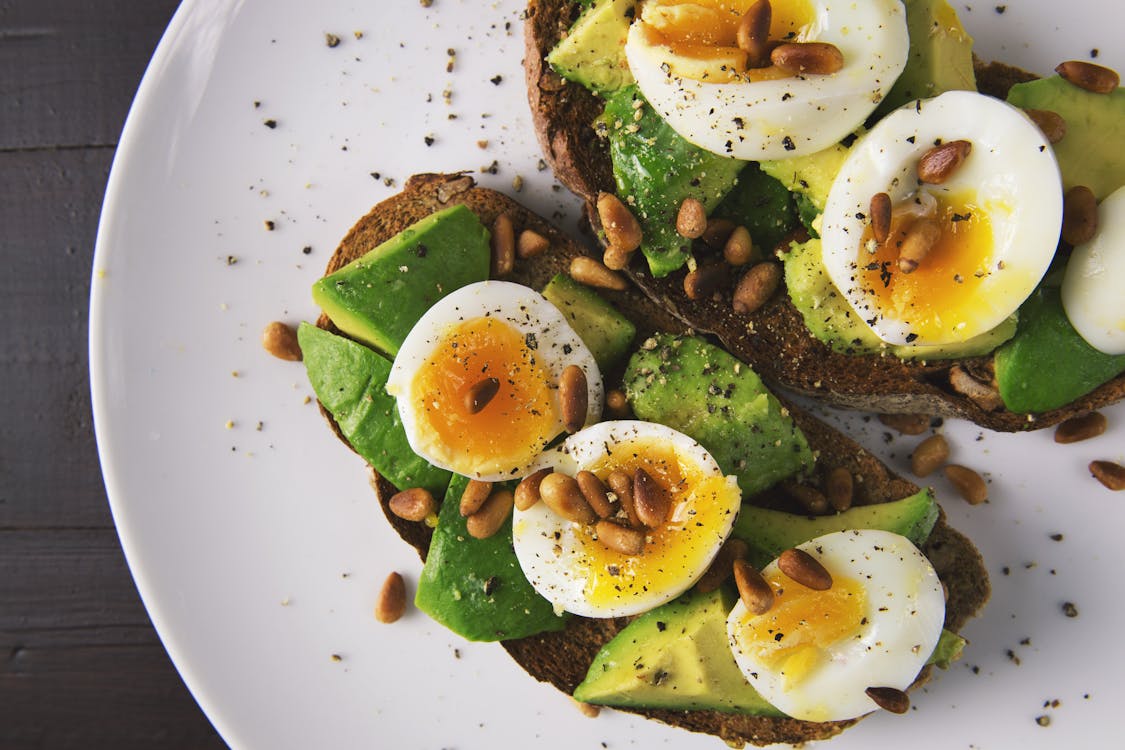Eating for Energy: Foods That Fuel Your Active Lifestyle
Living an active lifestyle requires more than just regular exercise; it also demands proper nutrition. What you eat can significantly impact your energy levels, stamina, and overall performance. In this blog, we'll explore the best foods to fuel your active lifestyle, helping you maintain high energy levels throughout the day.
The Importance of Nutrition for an Active Lifestyle
When you lead an active life, your body requires more nutrients to repair muscles, replenish glycogen stores, and maintain optimal energy levels. Proper nutrition can enhance your performance, reduce the risk of injuries, and speed up recovery. Let's dive into the specific foods that can power your active lifestyle.
Top Energy-Boosting Foods
1. Complex Carbohydrates

Carbohydrates are the primary source of energy for your body. However, not all carbs are created equal. Complex carbohydrates, found in whole grains, legumes, and vegetables, provide sustained energy release.
- Whole Grains: Foods like oats, brown rice, and quinoa are excellent sources of complex carbs. They release glucose slowly into your bloodstream, ensuring a steady supply of energy.
- Legumes: Beans, lentils, and chickpeas are not only rich in carbs but also packed with protein and fiber, which help in muscle repair and satiety.
2. Lean Proteins

Proteins are essential for muscle repair and growth. Including lean proteins in your diet can help you build and maintain muscle mass, crucial for an active lifestyle.
- Chicken Breast: A great source of high-quality protein with minimal fat.
- Fish: Rich in omega-3 fatty acids, fish like salmon and tuna provide anti-inflammatory benefits and aid in muscle recovery.
- Plant-Based Proteins: Tofu, tempeh, and edamame are excellent for those following a vegetarian or vegan diet.
3. Healthy Fats

Healthy fats are vital for long-term energy and cell function. They help in the absorption of vitamins and provide a concentrated source of energy.
- Avocados: Packed with monounsaturated fats, avocados are great for heart health and energy.
- Nuts and Seeds: Almonds, walnuts, chia seeds, and flaxseeds are excellent sources of healthy fats, fiber, and protein.
- Olive Oil: A great addition to salads and cooking, olive oil is rich in monounsaturated fats.
4. Fruits and Vegetables

Fruits and vegetables are loaded with vitamins, minerals, and antioxidants that support overall health and energy levels.
- Bananas: Known for their high potassium content, bananas help in maintaining electrolyte balance and provide quick energy.
- Berries: Blueberries, strawberries, and raspberries are rich in antioxidants, which help in reducing oxidative stress and muscle inflammation.
- Leafy Greens: Spinach, kale, and Swiss chard are packed with iron, calcium, and magnesium, essential for muscle function and energy production.
5. Hydration
Staying hydrated is crucial for maintaining energy levels and overall performance. Dehydration can lead to fatigue, decreased coordination, and muscle cramps.
- Water: Aim to drink at least 8-10 glasses of water a day, more if you are highly active.
- Electrolyte Drinks: These can be beneficial during intense workouts to replenish lost minerals and maintain hydration.
Meal Ideas for an Active Lifestyle
Breakfast
- Oatmeal with Fresh Fruits and Nuts: Combine oats with berries, banana slices, and a handful of almonds or walnuts.
- Greek Yogurt with Honey and Granola: A protein-rich option that provides a mix of carbs and healthy fats.
Lunch
- Quinoa Salad with Grilled Chicken: Mix quinoa with cherry tomatoes, cucumber, avocado, and top with grilled chicken.
- Veggie Stir-Fry with Tofu: Use a variety of colorful vegetables and tofu, sautéed in olive oil.
Dinner
- Salmon with Sweet Potatoes and Steamed Broccoli: A balanced meal rich in protein, healthy fats, and complex carbs.
- Lentil Soup with Whole Grain Bread: A hearty and nutritious option packed with protein and fiber.
Snacks
- Apple Slices with Peanut Butter: A quick and easy snack providing carbs, protein, and healthy fats.
- Trail Mix: Combine nuts, seeds, and dried fruits for a portable energy boost.
Conclusion
Eating for energy is about choosing the right foods that provide sustained fuel for your body. Incorporate complex carbohydrates, lean proteins, healthy fats, and a variety of fruits and vegetables into your diet to support your active lifestyle. Remember, proper hydration is just as important as nutrition. By making these dietary adjustments, you can enhance your performance, reduce fatigue, and enjoy a more energetic and fulfilling life.
References
- Mayo Clinic Staff. (2021). Nutrition for an Active Lifestyle. Mayo Clinic. Mayo Clinic
- Harvard T.H. Chan School of Public Health. (n.d.). The Nutrition Source. Harvard University. Harvard Nutrition Source
- American Heart Association. (2020). Healthy Diet & Lifestyle Tips. American Heart Association. AHA
By following these guidelines, you can ensure that your body gets the necessary nutrients to support your active lifestyle. Happy fueling!

 Cricket Score Counter
Cricket Score Counter Heads or Tails
Heads or Tails
You have not logged in, please Login to comment.